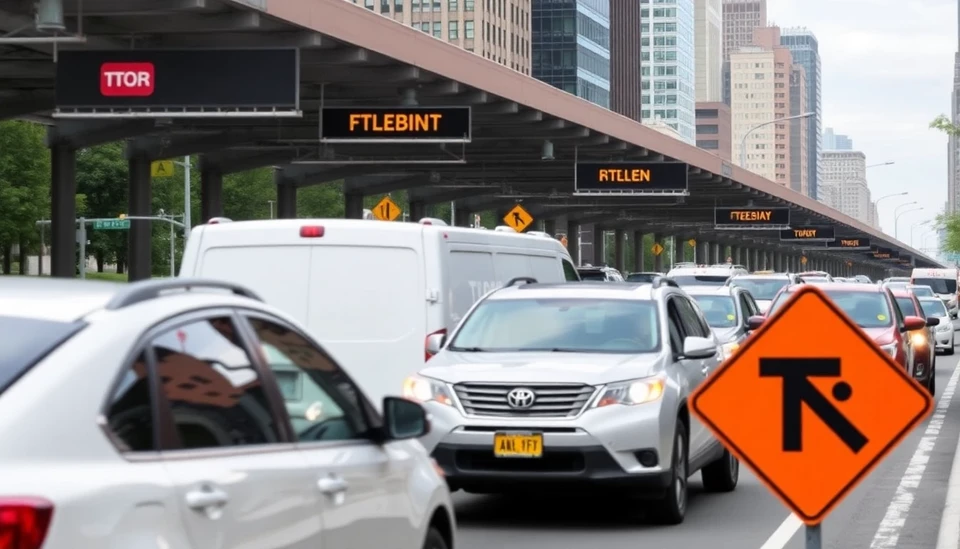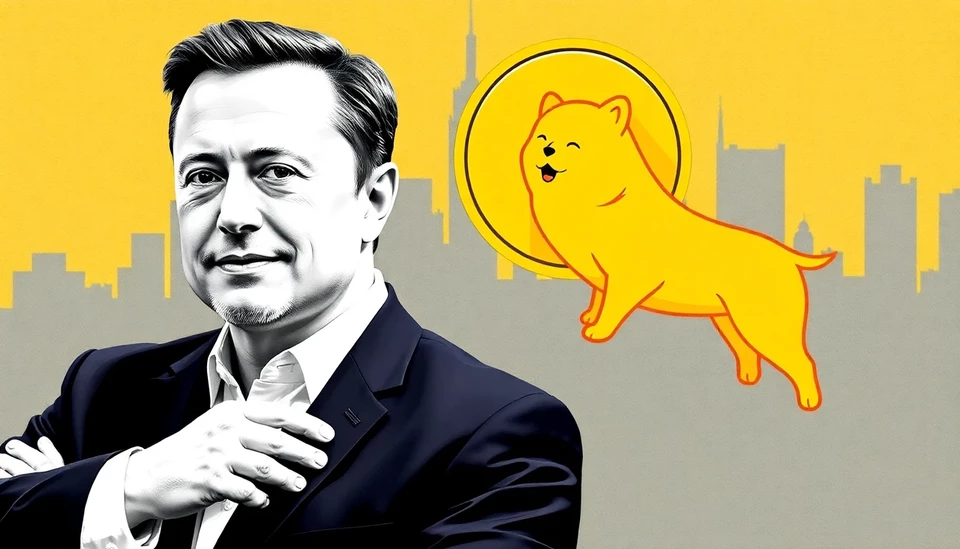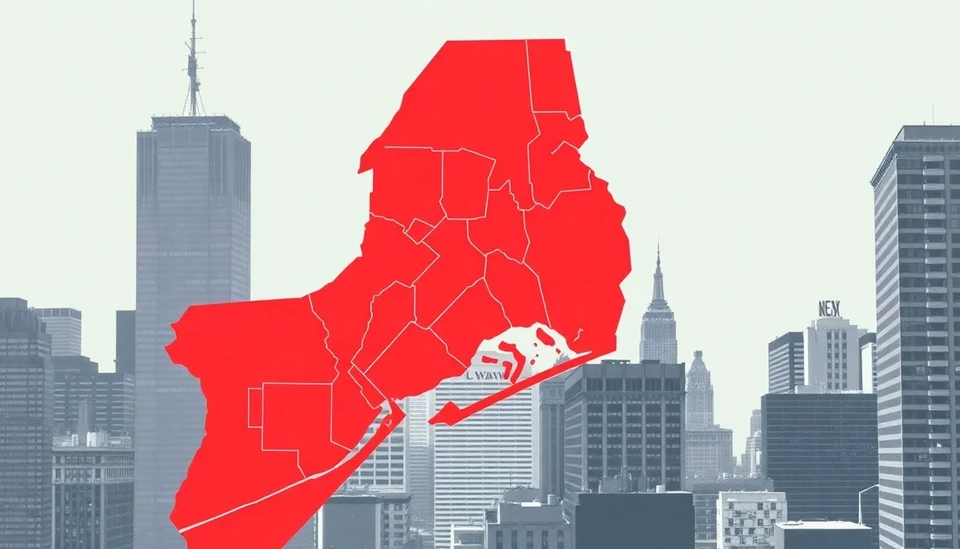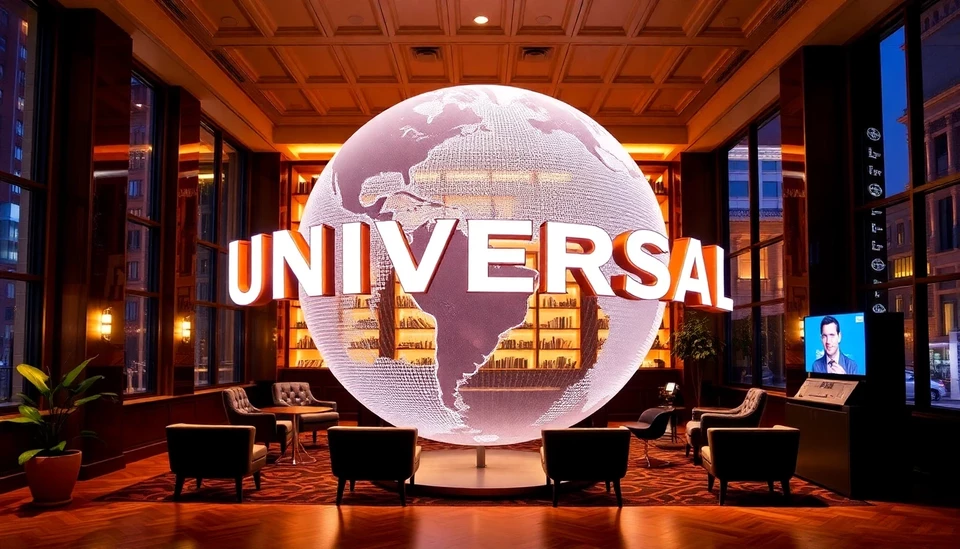
New York City's ambitious plan to implement a congestion toll aimed at reducing traffic and enhancing air quality is facing significant pushback as opponents initiate a final stand against the toll's enactment. The congestion pricing program, the first of its kind in the United States, seeks to charge vehicles entering Manhattan’s busiest areas during peak hours, a move seen as critical to managing the city’s ever-growing traffic problems.
As the New York City Metropolitan Transportation Authority (MTA) prepares to move forward with the planned congestion toll, stakeholders and critics alike are intensifying their efforts to challenge the decision. Proponents argue that the toll is necessary to discourage the excessive use of cars in already congested zones, ultimately leading to healthier air quality and funding for public transportation improvements. However, dissenters worry about the implications for low-income residents and businesses, fearing that the added financial burden could disproportionately affect those already struggling to make ends meet.
The legal landscape surrounding the toll has become a battleground, with various advocacy groups and municipal leaders organizing to present their opposition in the courts. This imminent showdown is largely centered around concerns regarding the equity of the toll system, which critics claim would unfairly tax those who rely on vehicles due to a lack of accessible public transportation alternatives. City officials have attempted to address these fears by proposing various measures, including exemptions and discounts, but critics argue that these measures may not be enough to alleviate the financial impact on vulnerable populations.
In addition to grassroots opposition, some influential city council members have expressed their discontent with the proposed implementation, warning about the political consequences of pushing forward without a comprehensive plan to support affected communities. Efforts to unite against the toll have gained momentum, with a coordinated campaign that utilizes various social media platforms to mobilize public opinion against what they deem an unjust pricing model.
The MTA, however, remains resolute in its intentions. Supporters of the congestion toll highlight its potential to generate substantial revenue for public transit upgrades and infrastructure improvements that have been long overdue. Advocates argue that making public transit more appealing and reliable will ultimately reduce the number of vehicles on the roads, thus easing congestion organically over time. Such infrastructural developments could lead to a more sustainable urban environment, providing long-term benefits for all New Yorkers.
As the tension between supporters and opponents of the congestion toll escalates, the city stands at a crossroads that will likely define its trajectory in addressing urban transport issues in the years to come. The outcome of this clash will not only have significant ramifications for New York but could also set a precedent for other cities wrestling with similar traffic and pollution challenges nationwide.
In the wake of this growing controversy, residents and policymakers alike are left to ponder whether the potential benefits of the congestion pricing plan outweigh the concerns raised by its detractors. As legal battles commence and public sentiment evolves, only time will reveal the fate of this transformative initiative in one of the largest cities in the world.
Before any conclusions can be drawn, all eyes will be focused on the coming months as the details around implementation, opposition strategies, and legislative maneuvers unfold in this epic showdown over New York City’s future.
#NYC #CongestionPricing #TrafficManagement #PublicTransit #SustainableCities #UrbanImprovements #AirQuality #CommunityActivism #MTA
Author: Samuel Brooks




